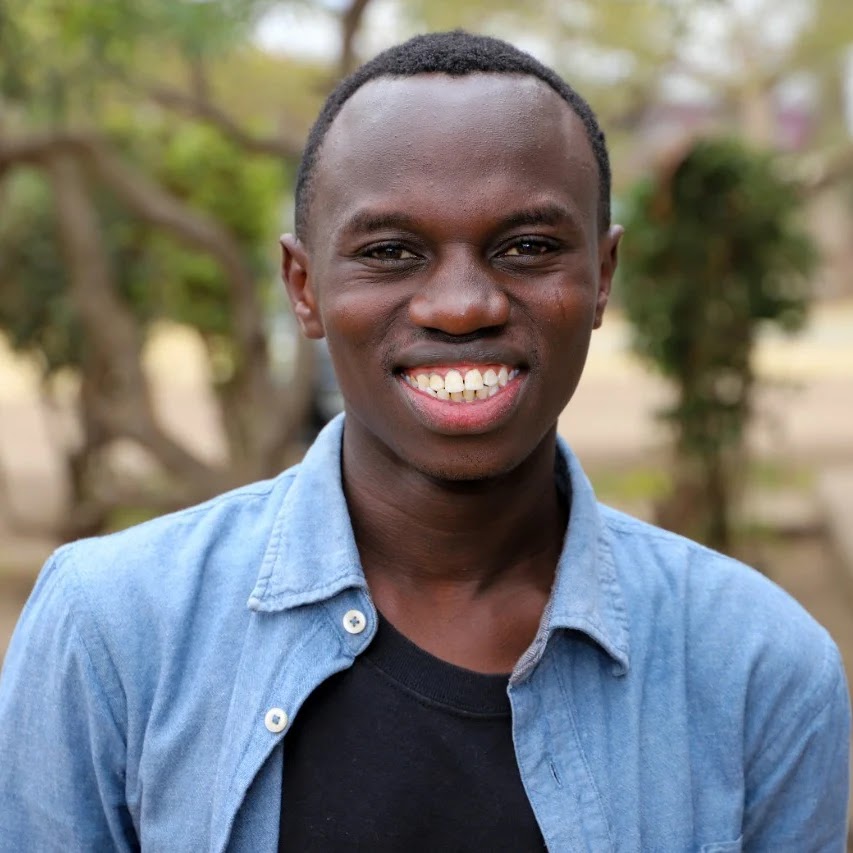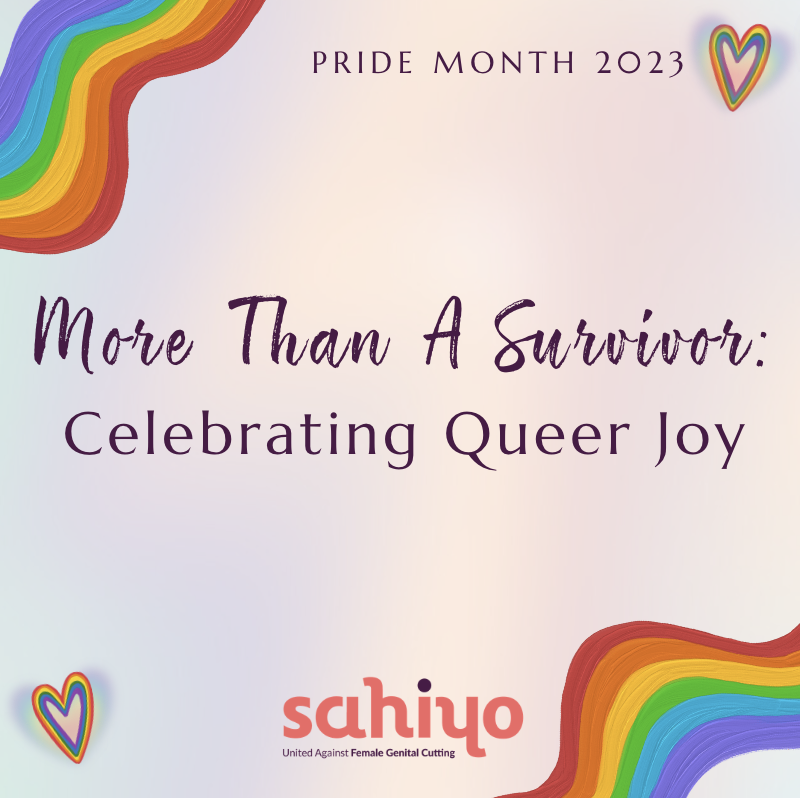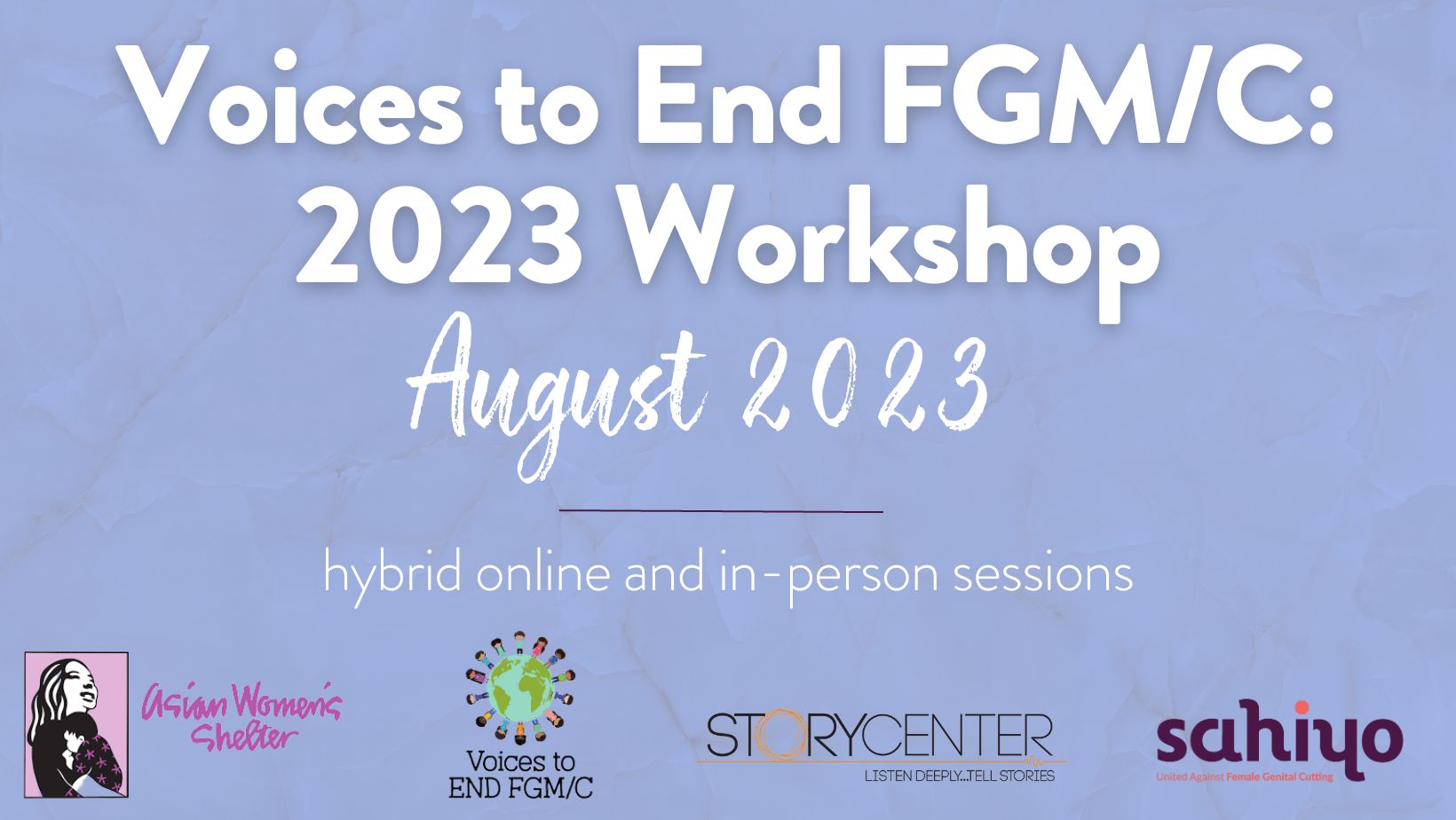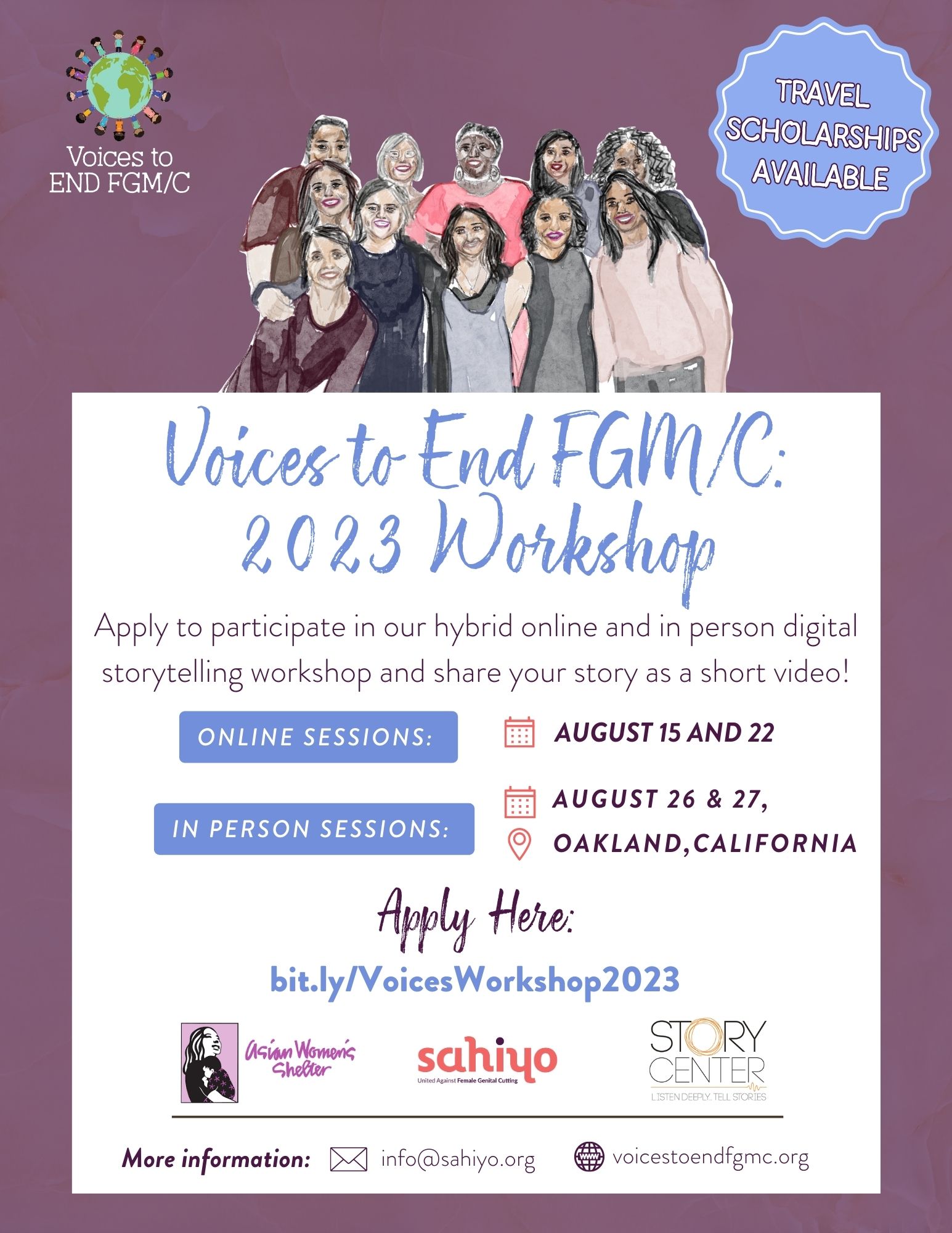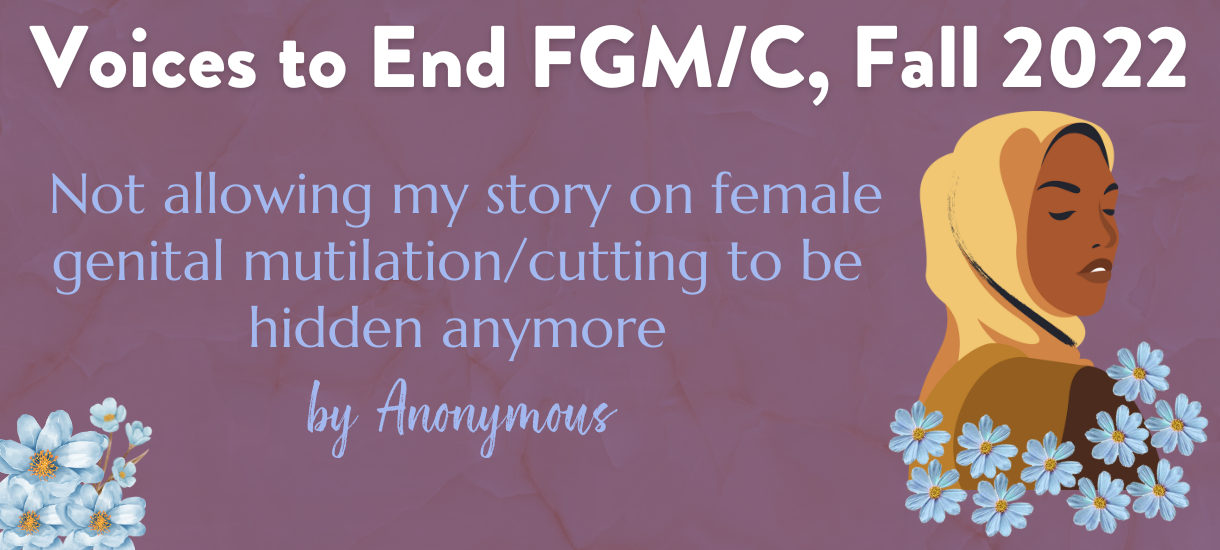By Body Harmony Physical Therapy
May is Pelvic Pain Awareness Month. Pelvic pain has been reported by some individuals after undergoing the harmful practice of female genital cutting (FGC). This can include pain with vaginal intercourse, termed dyspareunia, which is reported in almost 24.9% of FGC survivors. Chronic pelvic pain after FGC has also been reported. In this blog series, Pelvic Health specialist Nazneen Vasi provides tips, strategies, and suggestions for healing pelvic pain amongst FGC survivors. This blog is part one in a two-part series.
FGC can cause a multitude of physical, emotional, and sexual effects for the person who has undergone it. Some individuals who have undergone FGC continue to report pelvic pain beyond the initial stage of tissue healing. Persistent pelvic pain can be an overwhelming experience.
Pain, whatever the severity, can consume our thoughts and steal much of our cognitive energy, leaving us feeling exhausted and stressed. Pain can elicit not only physical responses, but also mental and emotional responses; one of the most common outcomes is fear of movement. Often, we become fearful of experiencing the pain itself and we are concerned we might be “making things worse” by moving through our daily activities. After experiencing pain for a while, the brain can begin to anticipate pain and as a result, a person may come to fear movement itself.
A gentle yoga program can help improve our health and reduce pain by re-establishing comfortable movements and minimizing nervous system responses that increase stress and inflammation.
How Does Yoga Decrease Pelvic Pain?
Yoga is an ancient practice that cultivates awareness through careful observation of the mind, the body, and the present moment. When dealing with pain, it can become easy to disconnect from or even feel resentful of the part of our body that’s experiencing it. Sometimes we can feel hopeless because we don’t understand how to best love and heal the part(s) of us that hurts. The mindful practice of yoga allows us to reconnect with our body and observe it as it is. Introducing conscious breathing and slow movements at the pelvis, hips, ribcage and spine that feel safe, and maybe more importantly, feel good is essential to the process of healing.
Yoga, under the right guidance, can help to:
- decrease anxiety, depression, and fear
- encourage mental and emotional grounding
- enhance body awareness and the mind-body connection
- balance the nervous system to promote rest, relaxation, and restoration
- lengthen and stretch muscles/soft tissues
- support the functional relationship of the diaphragm and pelvic floor
- re-educate muscles and correct muscle imbalances
- improve strength and balance
8 Gentle Yoga Poses to Reduce Pelvic Pain
Remember, these postures and movements should feel good. Move, stretch, and breathe within your own comfort zone at a speed that feels right for you. If these poses or movements hurt, stop and consult a pelvic health physical therapist. If you are pregnant or have hypermobility disorders or mixed connective tissue disorders such as Elhers Danlos, consult a physical therapist first before engaging in a yoga practice.
Happy Baby
Benefits: Stretches and decreases the activity of the muscles of the pelvic floor and the inside of the thigh.
Bound Angle (seated, supported reclined, or laying down)
Benefits: Hip opening stretch for the muscles and connective tissues of the inside of the thighs.
Supported Savasana
Benefit: Calms the nervous system and relaxes the lumbo-pelvic girdle. This is a great pose for the end of a busy, stressful day. Here you can perform deep breathing exercises, meditation, or relaxation techniques such as progressive muscle relaxation and mindful body scans.
Supported Child’s Pose
Benefits: Child’s pose is often a very soothing posture that calms the nervous system. Mimicking the fetal position, child’s pose can evoke feelings of safety and peace. This pose also increases flexibility of the lumbopelvic region and allows us to breathe deeply into the back and sides of our ribcage.
Table Top Rock Backs:
Benefits: For some people, child’s pose might feel too intense as it requires a lot of bending at the hips which may irritate people who have pudendal neuralgia or tight hips/pelvis musculature. Rock backs are a good way to ease into a more flexed hip position and isolate controlled mobility of the hip joints.
Cat Cow
Benefits: Improves spinal mobility and segmental control of our vertebrae. Spinal mobility plays an important role in pelvic health as the pelvic floor attaches to our tailbone- the base of our spine. We also need spinal mobility and control in order to breathe optimally and activate our core efficiently.
Supported Puppy
Benefits: This pose helps to lengthen the spine and maximally stretch the pelvic floor muscles.
Sphinx
Benefits: Stretches and lengthens abdominal connective tissues and the front of the hips. Sphinx also helps to strengthen the shoulders and increases spinal mobility.
For more information and videos on yoga for pelvic pain, check out Dustienne Miller, CYT, PT, MS, WCS at Your Pace Yoga.
Keep in mind, there is no one size fits all yoga or exercise program! These yoga postures and movements can provide gentle, pain-free movement alternatives to help you manage your pain, but you still may need to schedule an appointment with a pelvic health PT to create a comprehensive, holistic plan to address your specific needs. Contact Body Harmony Physical Therapy to learn more about movement alternatives, relaxation techniques, and pain management strategies for pelvic pain.
This blog was created for informational purposes only and is not intended to be a substitute for professional medical advice, diagnosis, or treatment. Always seek the advice of your physician or other qualified health provider with any questions you may have regarding a health condition or before beginning a new exercise routine.

